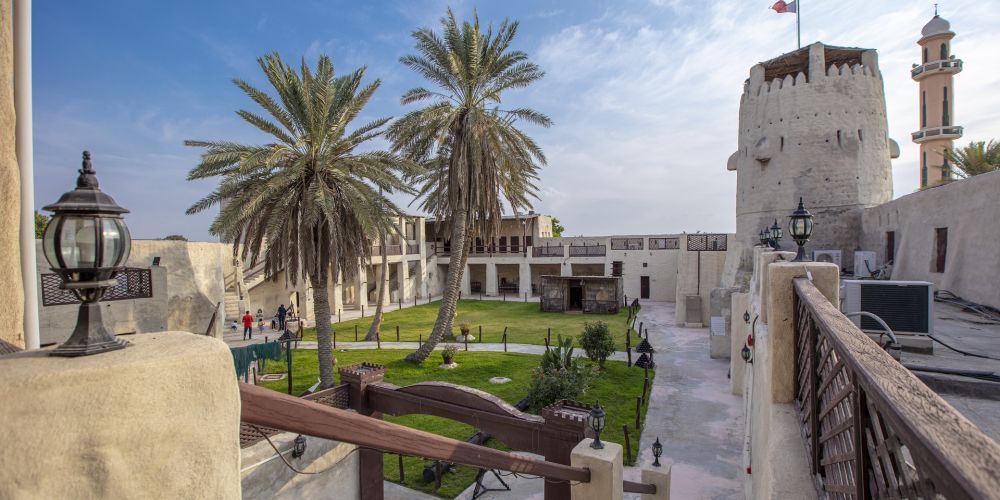

Located in the heart of Umm Al Quwain, one of the seven emirates constituting the United Arab Emirates (UAE), Umm Al Quwain Fort is a testament to the emirate's rich historical and cultural heritage. Originally serving as the residence of the ruling Al Ali family, the fort protected the inhabitants against invading forces and was also used as a standpoint to guard the entrance to the old town.
Constructed in the late 18th century, Umm Al Quwain Fort has witnessed significant periods of the UAE's history, providing insights into the political and social aspects of life at the time. The fort was at the epicenter of activity during the power struggle along the coast of the Arabian Peninsula, often involving European powers such as the British Empire.
With the discovery of oil in the region and the subsequent formation of the United Arab Emirates in 1971, Umm Al Quwain, like its neighboring emirates, began to transform rapidly. Efforts were put into preserving and celebrating the local history and culture as a part of the broader UAE identity. As a result, Umm Al Quwain Fort was converted into a museum in 2000, offering visitors a glimpse of traditional Emirati life.
The fort now houses an array of artifacts and exhibits reflecting the lifestyle of the region's inhabitants, including tools, weapons, and pottery. The museum showcases the emirate's history in archaeological discoveries, the ruling family's legacy, and the fort's role in the pearling industry, all contributing to the understanding of the UAE's rich cultural tapestry.
In recent years, the UAE has focused on diversifying its economy, with tourism playing a pivotal role in this change. The latest trend in UAE tourism is the development of eco-tourism and cultural experiences, further promoting destinations like Umm Al Quwain Fort. Visitors are now looking for authentic experiences that allow them to connect with the history and culture of the region.
Umm Al Quwain's government has made efforts to improve tourist facilities and implement conservation methods to preserve historical sites like the fort. The emirate's push towards sustainability and cultural enrichment has made such sites not only a testament to the past but also a part of the UAE's future tourism development.
Today, Umm Al Quwain Fort is not only popular among history buffs but also among travelers seeking off-the-beaten-path experiences away from the hustle and bustle of the larger cities like Dubai and Abu Dhabi. The fort offers an intimate look at the past, and its existence continues to educate and inspire those who walk through its age-old walls.